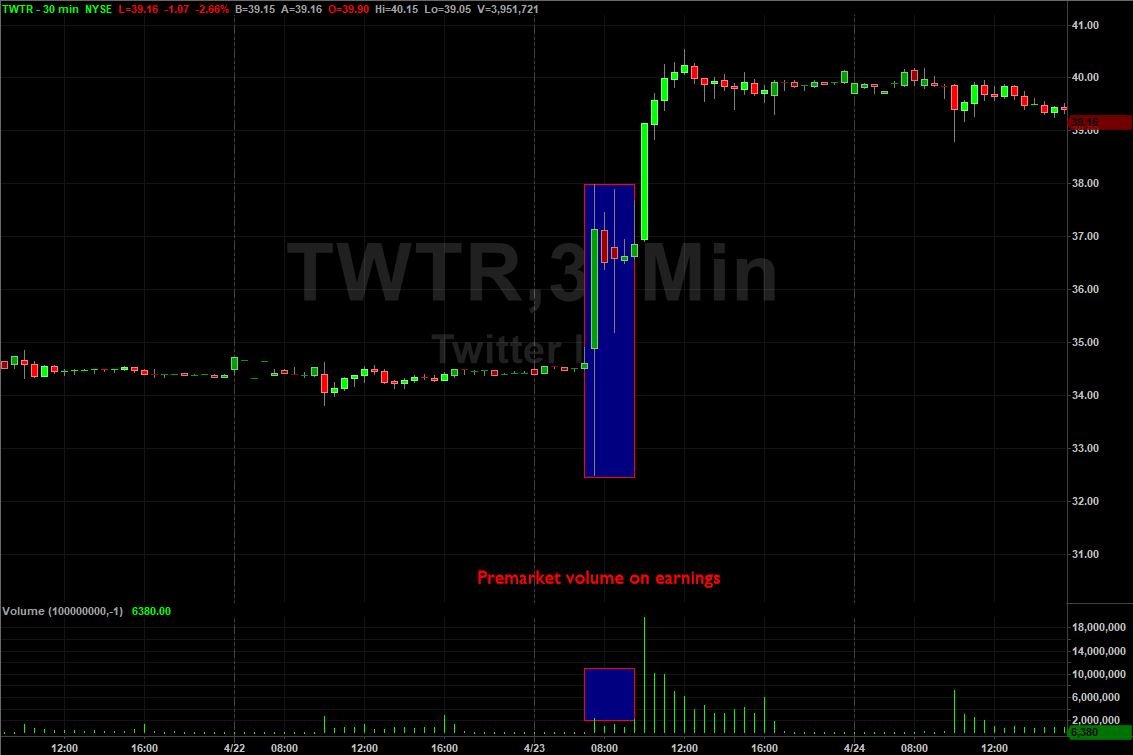“`html
AI-Generated Vulnerabilities: A Growing Threat to Open Source Projects
Software vulnerability submissions generated by AI models have ushered in a “new era of sloppy security reports for open source” – and the developers maintaining these projects are growing increasingly concerned. This influx of AI-generated vulnerabilities is causing significant headaches for maintainers, requiring valuable time and resources to assess and dismiss inaccurate findings. This article examines the issue, highlighting the concerns of open source developers and suggesting potential solutions.
The Problem of AI-Generated Vulnerabilities in Open Source
Seth Larson, a security developer-in-residence at the Python Software Foundation, recently brought this issue to light in a blog post. He noted a noticeable increase in “extremely low-quality, spammy, and LLM-hallucinated security reports” being submitted to open-source projects. These reports, often appearing legitimate at first glance, require significant time to investigate and debunk. This is further compounded by the issue of reports being partially or completely automated. Worse, Larson argues that such low-quality reports should be treated as potential malicious activity, further adding to the maintainers’ workload.
Examples of the Problem
The situation isn’t new. The Curl project, for example, has experienced a similar surge of AI-generated vulnerability reports, requiring significant time from maintainers to address and filter out the false positives. One particular report, posted on December 8th, highlights the persistence of this issue, even a year after the initial concern was raised.
Why Are AI-Generated Reports a Problem?
The problem stems from generative AI models’ ability to produce seemingly realistic but ultimately inaccurate content. While this is an issue in journalism, social media, and web search, its impact on open-source software security is particularly detrimental. Volunteer security engineers, already burdened with tight deadlines and resources, now have to filter through these reports, creating a considerable time drain. Even if relatively few AI-generated reports exist, they’re a significant warning sign for the future, suggesting a trend that threatens to escalate.
What Open Source Developers Are Doing
Larson’s observations highlight the urgent need for a community response. He stresses the importance of recognizing that AI-generated reports are becoming commonplace and suggests that open source security needs to adapt. Maintaining these projects should not fall solely on a small group of developers. Open source projects need better ways to handle these issues.
Solutions and Recommendations
Larson urges bug submitters to verify their reports through human review before submission and refrains from using AI tools for vulnerability assessments. He also encourages platforms accepting vulnerability reports to proactively address and filter out automated or abusive submissions. This proactive approach, he emphasizes, is crucial for the continued sustainability of open source security practices.
My Personal Perspective
I’ve seen firsthand how these AI-generated vulnerability reports can strain resources. The open source community needs to adapt and develop robust mechanisms to handle this growing challenge. More support for developers and platforms handling security reports would be helpful to identify AI-generated submissions as they appear and take swift action to manage the influx.
What Can You Do?
- If you are a bug reporter, please verify your findings before submission to reduce the workload of maintainers.
- If you are a maintainer, consider the volume of AI-generated vulnerability reports and how this could affect your workload. How can you streamline the process to handle these effectively?
- Share this article with your friends. This issue is important to the future of open source projects, and it is critical that we work together to find a solution that effectively safeguards valuable time and resources for maintainers.
Leave a comment below and share your thoughts on how we can best address this issue. It is essential that we work together to create a more robust and sustainable open source security ecosystem.






